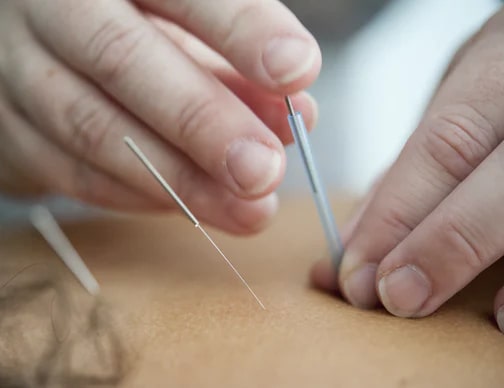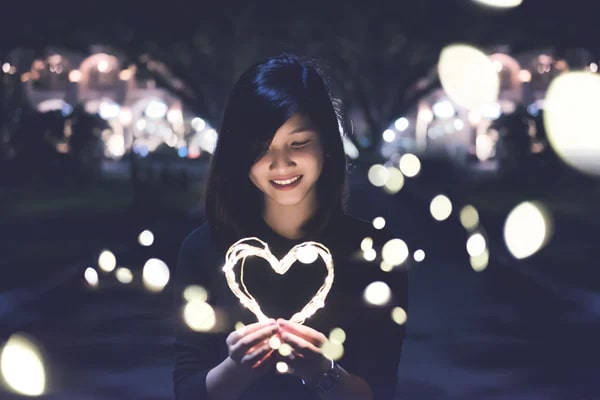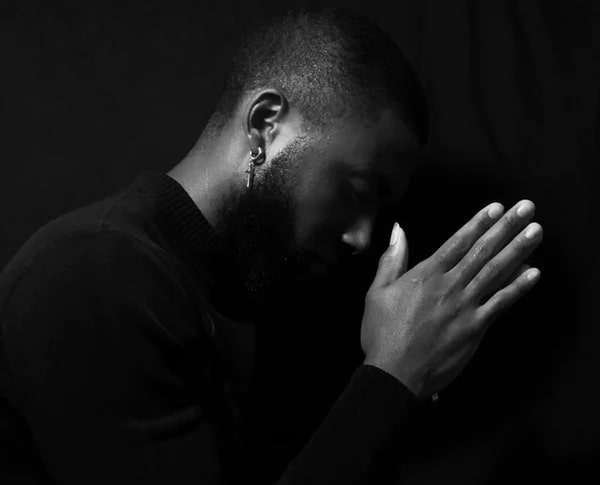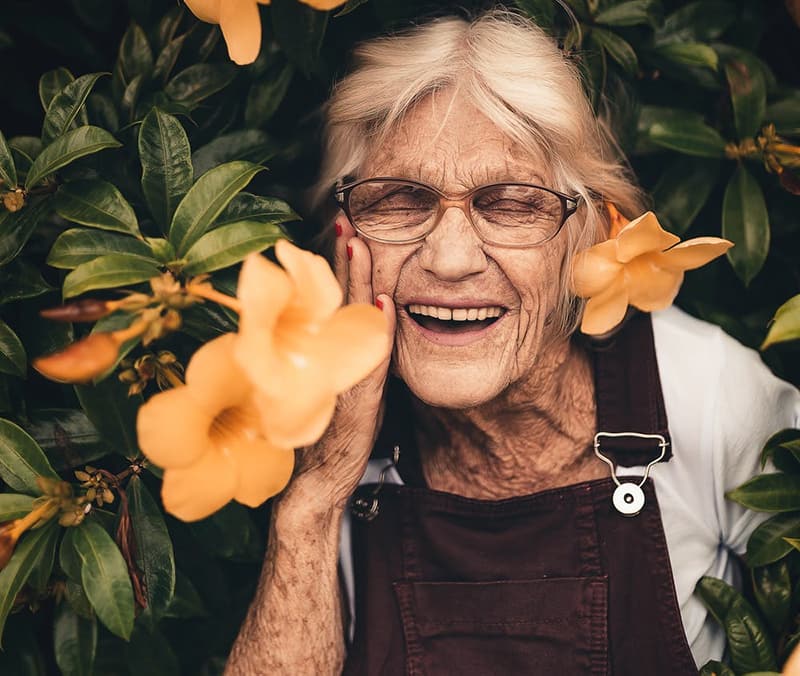
10 Reasons Acupuncture Is a Great Way to Treat Anxiety
Anxiety can be a debilitating condition that can impact the way we feel about ourselves and how we show up in the world. It is a state of being that has many possible sources including physical and emotional trauma. Fortunately, there are many natural and holistic ways to help alleviate and treat anxiety including the use of an ancient Chinese practice of acupuncture.
What is Acupuncture?
Acupuncture originated around 100 BC in China and was a part of a holistic treatment that included Chinese medicine, cupping, and other natural practices. It spread to Japan and Korea before being introduced to the West in its revised and modified form. In the current form of acupuncture, thin and sterile stainless steel needles are used to superficially penetrate the skin at key points of the body called meridians or energy centers through which qi, our vital energy, is supposed to be flowing freely. If any of these vital energy channels are blocked (these meridians include lung, spleen, bladder, kidney, liver, large and small intestines, stomach, and heart), we can feel lethargic, anxious, depressed, numb, confused, and can experience pain in different parts of our body. This is because our organs and our nervous system may not be functioning properly.
When an acupuncture practitioner places a needle into a particular meridian, this area is stimulated to allow seamless energy flow, restoring balance and function throughout the whole body. About 5 to 20 needles are inserted into different meridians during one acupuncture session and are left there for 10 to 20 minutes as the patient relaxes in a chair or bed. In deciding where to place each needle and for how long, acupuncture practitioners follow their patients’ concerns, Chinese philosophy, and their own intuition. Practitioners can also move the inserted needles in a specific way to stimulate the desired effect. Some acupuncturists are so skilled that their patients don’t feel any pain during the session. With so many reports of positive healing experiences, what makes acupuncture so powerful and effective in alleviating and treating anxiety?
1. Increases Heart Rate Variability (HRV)
As we go through life’s daily stresses, our heart rate constantly changes to meet the demands of our body reacting to the internal and external environment. The way that the heart can respond to different changes is measured through our heart rate variability. A higher HRV means that our body is better equipped to deal with daily stresses. People who have used acupuncture for anxiety have demonstrated an increase in their HRV, showing that acupuncture can alleviate anxiety through helping our body regulate the stress response.

2. Regulates Hypothalamus-Pituitary-Adrenal (HPA) Axis
When we encounter stressful and traumatic situations, our hypothalamus, pituitary, and adrenals respond to these situations by releasing hormones such as cortisol to counteract the damage. Cortisol and other hormones released due to stress signal to the body that it is in a survival situation and a prolonged increase in these hormones can have detrimental effects on us. Research studies have shown that acupuncture helps the body cope with stressful responses so that the activation of the HPA axis is less severe and it is easier for the body to process stress hormones.
3. Increases Endorphins
Many patients report a feeling of relaxation, improved mood, and a heightened sense of well-being after an acupuncture session. In fact, acupuncture has been shown to facilitate the release of endorphins from the pituitary gland, chemicals that lower our sense of pain. Endorphins increase the release of dopamine, a neurotransmitter that helps us feel connected, loved, safe, and nurtured. As a result, we feel calmer, happier, and at ease with ourselves, alleviating anxiety we may have felt before the session.

4. More Efficient than Pharmacological Approaches
Typical pharmacological treatment for anxiety involves drugs such as benzodiazepines, selective-serotonin reuptake inhibitors, and tricyclic antidepressants which are prescribed alone or in combination with each other. The problem is that these therapies have been shown to have a low success rate in anxiety patients and have brought with them numerous side-effects such as sedation, nausea, mental slowing, heart palpitations, difficulty breathing, and other physical symptoms. Acupuncture, on the other hand, has demonstrated many immediate and long-lasting benefits for anxiety, without the negative effects on the body.
5. Low Risk of Side-Effects
The incredible thing about acupuncture for anxiety is that it rarely has any negative side-effects associated with it. Although there have been reports of infection and other incidences due to needles, these are attributed to inadequate acupuncturist training and malpractice. Acupuncturists are required to use sterile (sometimes even single-use) needles to avoid the possibility of infections. Because acupuncture works to unblock energetic channels in the body, there may be some physical symptoms due to restoring energy flow such as itching, mild bruising, lightheadedness, and emotional release but they are temporary and usually mild.
6. Activates a Robust Placebo Effect
Studies have shown that a simulated acupuncture session with toothpicks instead of needles induces similar positive effects to needle acupuncture. The ritual of the acupuncturist talking to a patient before a session, carefully placing the needles in the body, and taking good care of the patient, evokes a sense in the patient that they are well taken care of, that they are safe to relax, and that the session will make them feel better. These positive feelings toward the acupuncturist and the acupuncture procedure can lead to a robust placebo effect, a body’s natural ability to heal itself. This self-induced effect greatly contributes to the positive outcome in treating anxiety with acupuncture.

7. Positive Effects Felt Immediately
Unlike many pharmacological interventions, patients report immediate mood-enhancing and relaxation effects during and after an acupuncture session. Sometimes, even one session is enough to restore a patient’s physical and emotional balance and the effects are known to be long-lasting.
8. Comparable in Efficacy to Talk Therapy
Studies have shown that talk therapy such as cognitive behavioral therapy has moderate to great success in alleviating anxiety symptoms. Acupuncture alone has shown similar successful treatment effects. This does not mean that talk therapy couldn’t enhance the benefits of acupuncture for anxiety, but it does mean that acupuncture by itself has great potential in reducing and treating anxiety, just like talk therapy.
9. Can Be Safely Combined with Other Therapies
Because acupuncture has no known contraindications, it can be used with other healing modalities such as yoga, Reiki, herbalism, meditation, and talk therapy to boost treatment success. Acupuncture has even been shown to help with side-effects of medication, and it seems to work with other modalities in a positive and supportive way.

10. Heals Holistically
The benefits of acupuncture don’t only apply to treating anxiety but also to relieve chronic pain, depression, insomnia, arthritis, migraines, nausea, gastrointestinal issues, and cognitive decline, among many other health problems. Essentially, acupuncture works to balance the energy flow in our body, helping our nervous system function optimally so that our whole body can be healthy. On another level, acupuncture goes deeper to work on our emotional, mental, and spiritual health.
How Can Acupuncture Benefit Veterans and People Who Have Symptoms of Trauma and PTSD?

Trauma can sometimes lead to complex symptoms that can feel overwhelming and difficult to soothe and treat. Acupuncture works holistically on the body’s energetic system to improve the nervous system function and the performance of our organs so that we can achieve optimal well-being of the whole body. By helping with mind-body integration, acupuncture can also help us feel better mentally, emotionally, and spiritually. When we feel that we are doing well in all facets of life, we are more likely to experience complete recovery. Another component of acupuncture is that the acupuncturist and the ritual of the procedure itself play an important role in facilitating healing because humans heal well when there is predictability and a personal connection involved. Because acupuncture works to heal on many levels, veterans and other people who might be suffering from trauma may be able to finally find relief and treatment for anxiety, grief, depression, and many other complex symptoms.
Are you looking for other types of natural, herbal remedies like CBD to help your healing process? Visit our CBD shop to find the perfect product to help you overcome symptoms such as pain, fear, anger, sadness, insomnia, anxiety, or depression.
